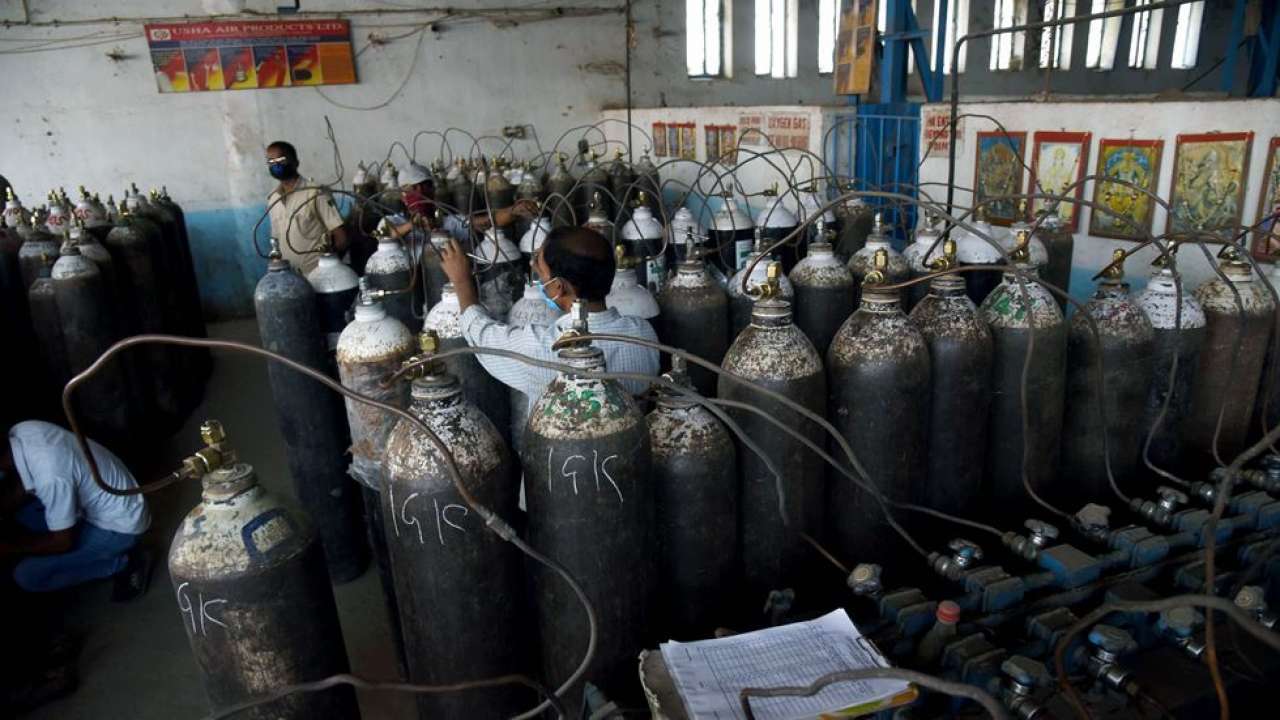A Chinese health official on Saturday confirmed the country authorized emergency usage of COVID-19 vaccines developed by some select domestic companies on July 22.
“We’ve drawn up a series of plan packages, including medical consent forms, side-effects-monitoring plans, rescuing plans and compensation plans, to make sure the emergency use is well regulated and monitored,” Zheng Zhongwei, head of China’s coronavirus vaccine development task force, told broadcaster CCTV.
An emergency use authorization, which is based on Chinese vaccine management law, allows unapproved vaccine candidates to be used among people who are at high risk of getting infected on a limited period.
By first inoculating the special groups, like front-line medical workers and civil servants, the move is to ensure that a city can keep normal functions when a health crisis strikes, the law states.
Similar authorizations have been legalized in many countries. For example, US Food and Drug Administration allows unapproved medical products to be used in an emergency to diagnose, treat or prevent life-threatening diseases or conditions.
“We are planning to scale up the inoculating group to better prepare for a possible next wave in autumn and winter,” Zheng added.
China’s coronavirus vaccines will be priced close to cost, Zheng said.
“It does not mean that companies cannot make profits,” Zheng said. “Companies should decide on moderate profits, or reasonable profits based on costs.”
A potential coronavirus vaccine being developed by a unit of China National Pharmaceutical Group (Sinopharm) could cost no more than 1,000 yuan (US$144) for two shots, Sinopharm Chairman Liu Jingzhen told state media last week. “(The price) will definitely be lower than what Liu said,” Zheng said.
Meanwhile, a new coronavirus vaccine cultivated within insect cells by West China Hospital of Sichuan University in Chengdu has been approved for human trial, according to local government on Saturday.
Using insect cells to grow proteins for the coronavirus vaccine — a first in China — could speed up large-scale production.

 China is dumping testing procedures, approves vaccines for emergency use
China is dumping testing procedures, approves vaccines for emergency use




















.jpeg)






.jpg)




.jpg)





.jpeg)
